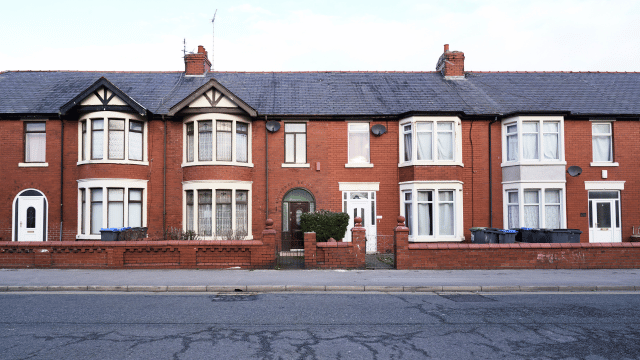Warm Homes: New Wave of Retrofit Funding
Yesterday the Secretary of State for Energy Security & Net Zero, Ed Miliband, unveiled the next wave of retrofit funding – the “Warm Homes: Social Housing Fund” and the “Warm Homes: Local Grant”.
Warm Homes Plan
These initiatives are part of the Labour Government’s Warm Homes Plan, which aims to improve homes across England by making them more energy-efficient and affordable to maintain, with upgrades ranging from new insulation to the installation of solar panels and heat pumps.
The plan will empower devolved governments and local authorities with the necessary resources to upgrade cold, drafty homes in their regions; whilst also generating jobs nationwide for builders, electricians, plumbers, carpenters and architects.
The Warm Homes: Social Housing Fund
The Social Housing Fund Wave 3 aims to upgrade a large portion of social housing currently below Energy Performance Certificate (EPC) band C, bringing them up to this standard. It will facilitate the installation of energy efficiency measures in social homes across England and contribute to:
- Providing warm, energy-efficient homes
- Reducing carbon emissions
- Combating fuel poverty
- Supporting green jobs
- Expanding the retrofit sector
- Enhancing the comfort, health, and well-being of social housing tenants
Application routes
- The Challenge Fund approach ensures that all applications meeting the scheme’s minimum requirements will receive funding, although the amount may be reduced if the scheme is oversubscribed. This model also supports a phased delivery approach, requiring detailed information on homes only when a phase is ready to begin implementation.
- Strategic Partnerships offer funding to organisations with a strong track record of successful delivery and ambitious plans that align with key Strategic Priorities, particularly for large-scale projects. These organisations are not required to provide detailed information on specific homes and measures upfront, with this information only needed during routine delivery monitoring as works progress.
Eligibility
Wave 3 is open to the following groups:
- Local authorities
- Combined authorities (excluding the GMCA and the WMCA)
- Registered providers of social housing, including housing associations and arms-length management organisations (ALMOs) that are registered providers
- Registered charities that own social housing
Eligible organisations can apply directly to Wave 3, either individually or as the lead in a consortium. Additionally, the above organisations, along with ALMOs that are not registered providers, can participate as part of a consortium led by an eligible organisation.
All Wave 3 projects under the Challenge Fund must include at least 100 eligible social housing properties with an EPC rating of D to G, except for projects involving small social housing landlords.
Delivery

(External Wall Insulation)
The Warm Homes: Local Grant
The Local Grant will commence in 2025, offering energy efficiency upgrades and low-carbon heating through local authorities to households that meet the following criteria:
- Located in England
- Low-income households
- Have an Energy Performance Certificate (EPC) rating between D and G
- Privately owned, whether owner-occupied or privately rented
